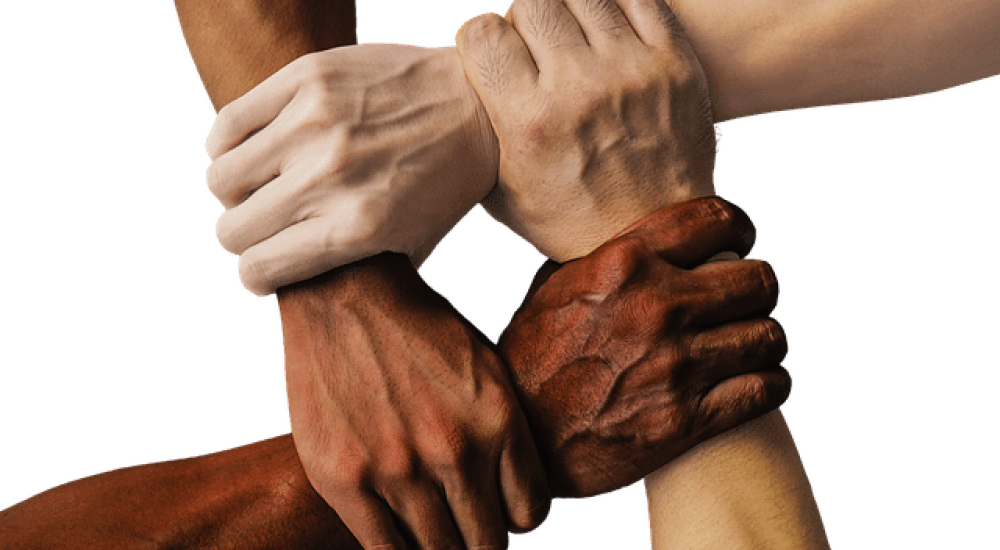Catch da Flava on Racism
On November 13th, Radio Regent's Catch da Flava youth talk show explored the topic of racism, with hosts Shejuanah, Thalia, and Kylie. As usual with our shows, our lead host for the week, which was Shejuanah this week, started by introducing a general definition and description of the topic for this episode of the show.

Then we discussed the history and origins of racism, from Biblical times to colonialism and slavery, to the civil rights movement of the 1960s. We spoke about how racism was used towards Indigenous peoples as a tool to make them out to be lesser than white settlers, and towards Black people during slavery to make them out to be a lesser class of people.
We also spoke about how racism impacts politics and political candidates who run for various levels of government, as well as law enforcement and the justice system. We discussed the differences in policing and sentencing of white and racialized people, including racial profiling through practices like carding. We also spoke about white privilege, and the racial wealth and pay gaps.
We discussed the rise and emboldening of white supremacist groups after the election of Donald Trump, and how those sentiments and ideologies have been increasing in visibility in Canada also, especially with politicians like Doug Ford.
We shared a video from YouTube channel MTV Decoded with Franchesca Ramsey about some basic issues related to racism. The video is called 5 Things You Should Know About Racism, and you can watch it here: https://www.youtube.com/watch?v=8eTWZ80z9EE&t=316s.
We talked about the differences between racial discrimination and individual biases, and structural/systemic racism. We discussed the concept of "reverse racism" and what that might mean. We also talked about the differences in employment searches between white and racialized people. We also discussed the idea of being "colourblind" and why "not seeing race" can actually be harmful.
We also brought up the Black Lives Matter movement and the cases of police brutality and murder that brought the movement to the world at large, and how the movement made people see the truth of current-day racism for many people who saw racism as a thing of the past from history that does not still happen today.

The youth also discussed their own personal experiences with either racism, or the Black Lives Matter movement in particular, which were powerful first-hand accounts of the kinds of racism young people are still facing every day.
Comments